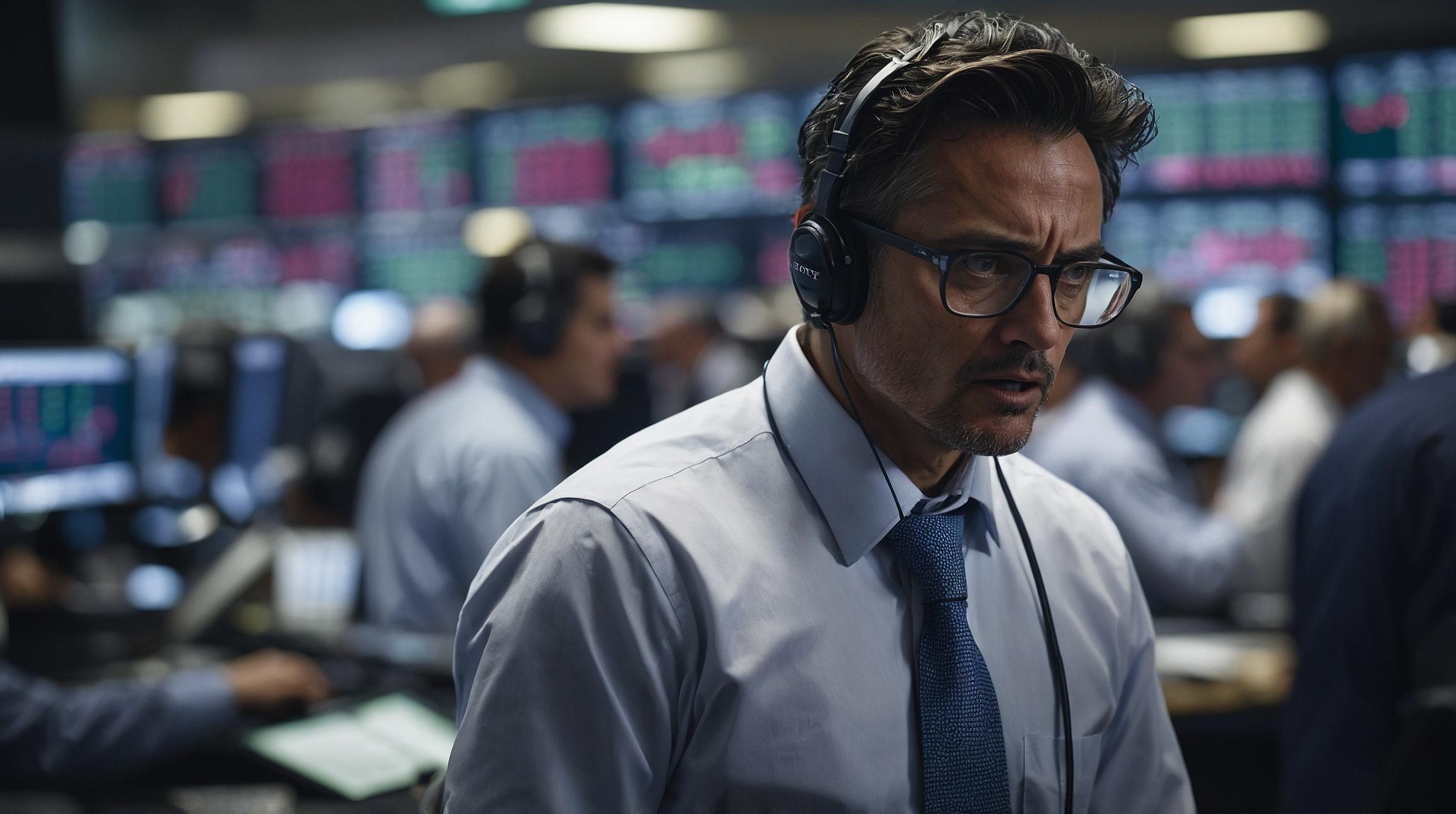Market Volatility and Economic Concerns
The past week has been a rollercoaster for U.S. stocks, leaving investors anxious about the future course of the economy. After a long period of stable trading, stock market volatility surged in recent weeks. This change was spurred by a series of unexpected economic data and the unwinding of a significant yen-fueled investment strategy, leading to the year's worst stock market drop.
The market is currently down about 6% from its peak last month, despite a series of rallies following a massive selloff on Monday. Many investors, who were previously betting on a mild economic downturn, are now considering the possibility of a more severe recession due to recent weak manufacturing and employment data.
Geopolitical and Election Uncertainties
Bob Kalman, a portfolio manager at Miramar Capital, noted that the market is shifting from excessive optimism to fear. Investors are now worried about geopolitical risks, the upcoming U.S. presidential election, and persistent market volatility.
Traders acknowledge it might take time for stability to return to the markets. Historically, the Cboe Volatility Index, known as Wall Street's 'fear gauge,' shows that volatility spikes can take months to settle. On Monday, this index closed at a high level, which implies it could take an average of 170 sessions to calm down to its long-term median level.
Inflation and Interest Rates
A significant upcoming event is the release of U.S. consumer price data. If inflation appears to be falling too quickly, it could increase fears that the Federal Reserve's interest rate policies might be damaging the economy. Currently, futures markets estimate a 55% chance that the Federal Reserve will reduce interest rates by 50 basis points at their next meeting, a significant increase from last month's 5% probability.
According to Oscar Munoz, chief U.S. macro strategist at TD Securities, slower payroll growth suggests that economic risks are becoming more balanced as inflation cools and economic activity slows.
Corporate Earnings and Consumer Health
Corporate earnings have not been strong or weak enough to guide the market clearly. Charles Lemonides, head of hedge fund ValueWorks LLC, pointed out that companies in the S&P 500 have reported earnings slightly above expectations, aligning with long-term averages.
Next week, major companies like Walmart and Home Depot will report earnings, providing insight into consumer resilience amidst high interest rates. Nvidia, a leading chip manufacturer, will also release their earnings, with their shares already up significantly this year despite a recent decline.
Economic Outlook and Market Trends
The Federal Reserve's annual Jackson Hole gathering will give policymakers an opportunity to refine their monetary policy before their September meeting. Lemonides views the recent market volatility as a healthy realignment during a robust bull market. He has taken advantage of Amazon's temporary weakness by investing in it.
The U.S. presidential race adds another layer of uncertainty for investors. Analysts at JPMorgan have noted fluctuating expectations for the election's outcome, which adds to market unpredictability. Chris Marangi, from Gabelli Funds, anticipates that the election will introduce more volatility but expects upcoming interest rate cuts to stimulate sectors of the market that have lagged behind this year.
In summary, while investors are preparing for more market turbulence, expected interest rate reductions might offset some economic challenges, providing opportunities for strategic investment in underperforming sectors.













